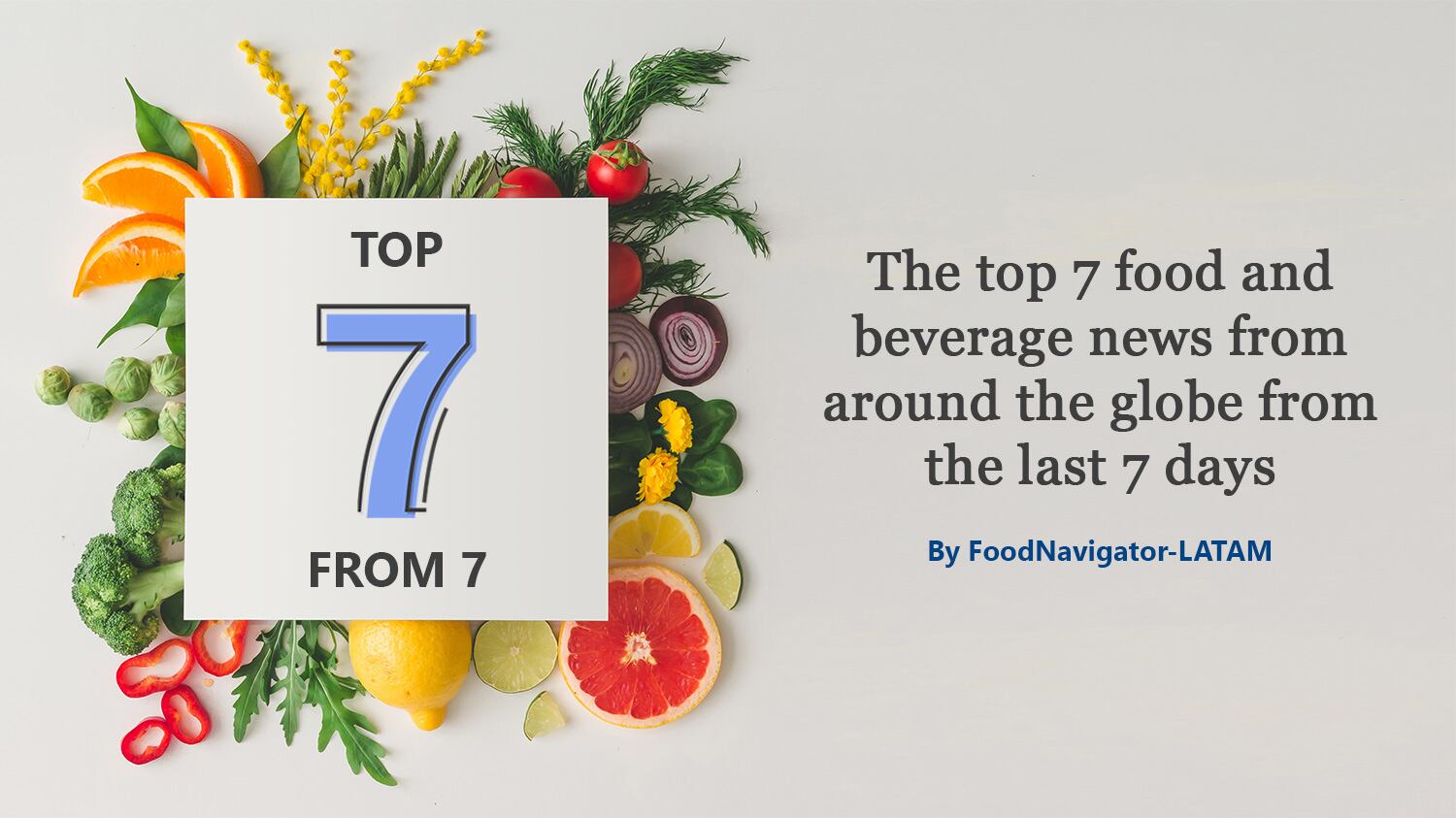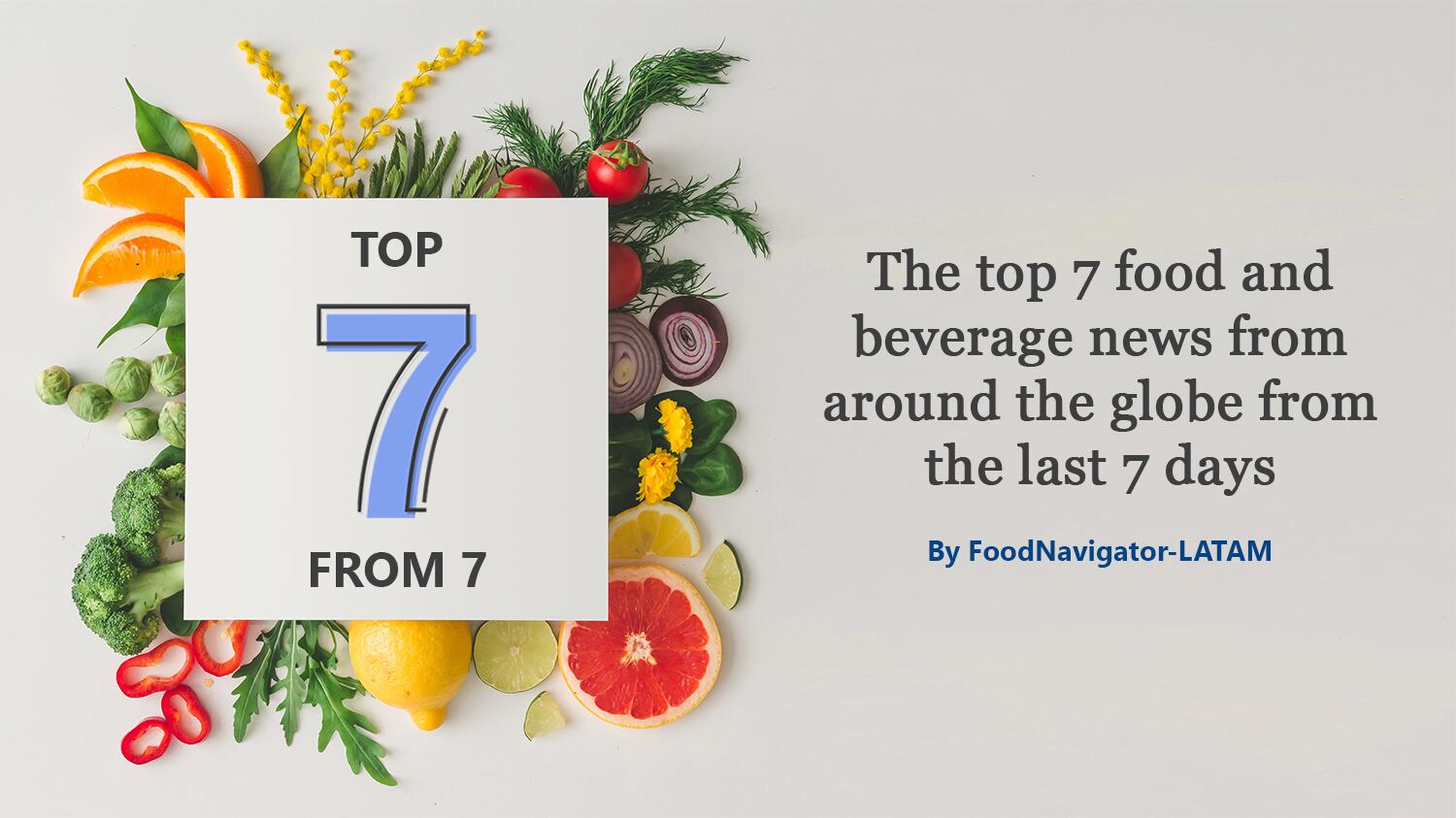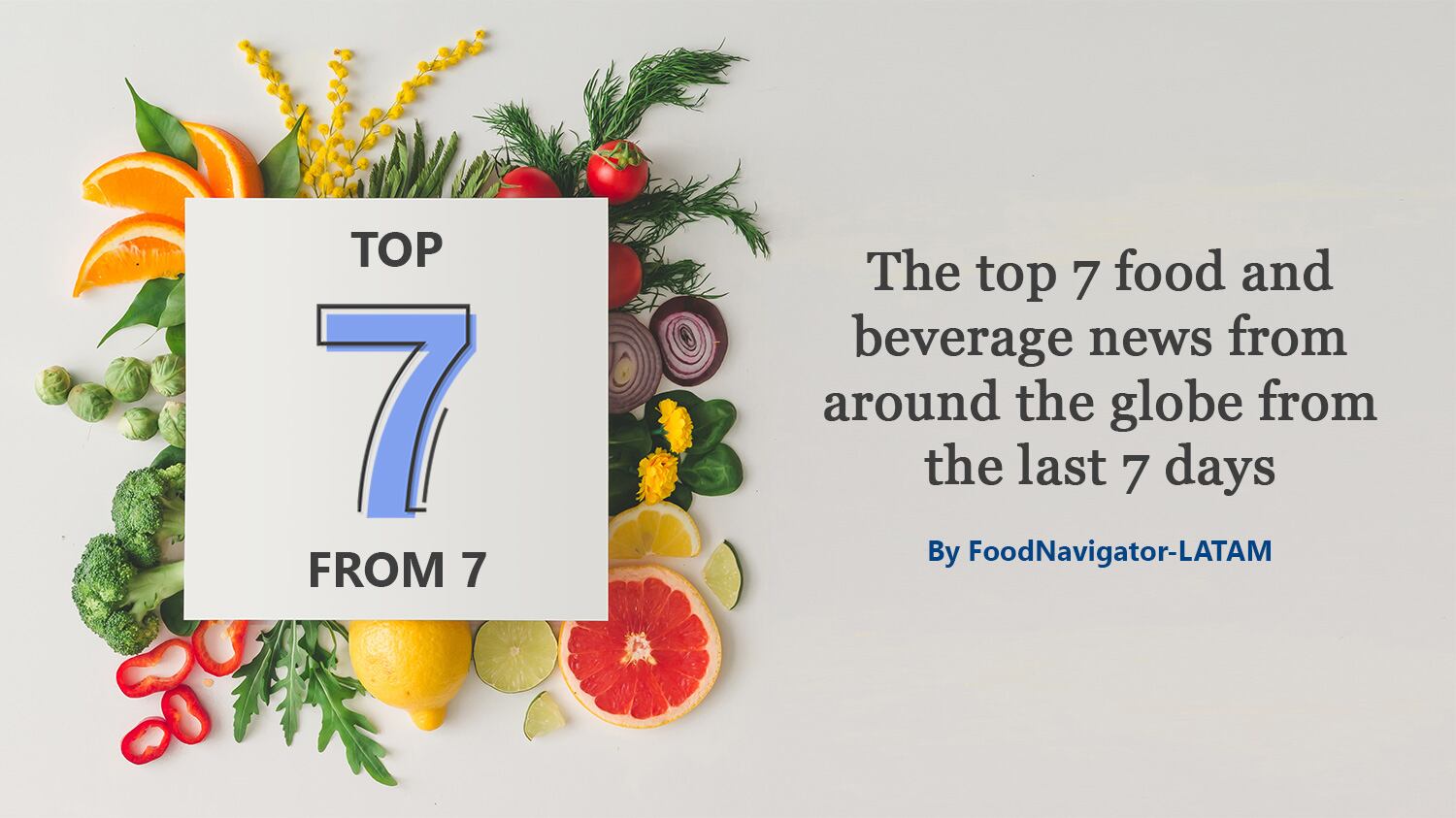USA
1. IRI’s new AI-based service for retailers
A new artificial intelligence and machine-learning technology from consumer insights provider IRI could help retailers manage product availability and store shelves more efficiently.
According to IRI, “consumers today encounter at least one out-of-stock item during one out of five trips to food, drug and mass merchandising stores,” underscoring that “out-of-stock situations continue to plague the CPG industry”.
IRI sees its new On-Shelf-Availability Optimizer as a solution. The optimizer reportedly “leverages big data, machine learning and artificial intelligence to flag items that should be selling but are not selling,” and identifying obsolete inventory counts that result in out-of-stocks, according to a white paper authored by IRI’s president of retail collaboration gateway solutions, Brad Shelton, and executive VP of supply chain and media solutions, Prakash Tilwani.
Specifically, the optimizer pulls data from sales, inventory, shipments, causals, seasonality, planograms and other macro-economic indicators to pinpoint problems in the store and then alerts staff in near real time via hand held devices, said IRI.
The result can generate significant savings, according to IRI, which noted that a retailer that used the platform for several months was able to recapture an average of $68 in sales per alert. Given the system triggered about 10,000 alerts each day across this retailer’s 700 stores, this could quickly add up to tens of millions of dollars saved annually, IRI notes.
For more on this news, please click HERE.
2. Chobani unveils plant-based offering
The new coconut-based range of spoonable and drinkable products deliberately do not feature the word ‘yogurt’ (eg. ‘plant-based yogurt’ or ‘yogurt alternative’), said the company’s chief marketing and commercial officer.
Speaking with our US edition, Peter McGuinness said: “We steered clear of ‘yogurt’ because we believe yogurt is [dairy] milk-based and we believe the FDA is going to rule on that soon. I think there is rampant abuse in terms of language and it’s confusing consumers. We want to be clear with consumers. Our hierarchy is simple: It’s coconut based, it’s non-dairy, it’s from Chobani, and here’s the flavor [eg. peach, blueberry etc].”
The new products are described as offering superior taste and a “creamy full bodied” texture, with 11grams of sugar per 5.3 oz cup.
“Plant-based milk is more than 13% of fluid milk, whereas plant-based yogurt is only 2% of the yogurt market, but it’s growing in the double digits, even with a lot of options that just don’t taste good or are high in sugar,” added McGuinness. “We don’t want to steal share or trade dollars [from dairy yogurt], we want to bring new people into the category because we have a product with great taste and texture and less sugar.”
3. Are ‘free-from’ claims fading?
Allergen-friendly snack startup Blake’s Seed Based recently changed its name from Blake’s Nut Free. Why? To better communicate what’s in the product, rather than what is not in it, says the company’s founder Blake Sorensen.
Despite being a risk for such an early stage company, the move not only allowed Sorenson to align his brand with the rising demand for transparency, but also expanded the appeal of the company’s products beyond just allergy sufferers to include all consumers searching for a better-for-you option, he told our US edition.
Europe
4. Grain antioxidant offers food preservation potential
A class of compounds called alkylresorcinils (AR) from grain bran may offer food formulators a new food preservative, and also help reduce food waste, according to a new study from Penn State University.
Alkylresorcinils are produced by grain plants such as wheat, rye and barley naturally to prevent mold and bacteria developing in the grain kernels.
While consumers demand more natural ingredients, the industry has often struggled to find natural antioxidants that are as effective as synthetic ones.
“There are not many natural alternatives for synthetic antioxidants,” explained Andrew Elder, a doctoral candidate in food science, who worked on the study. “Our work is focused on identifying new natural antioxidants to extend the shelf life of food and meet consumer demands.”
The researchers tested ARs from rye bran on preserving emulsions containing omega-3-rich oil emulsions. The data indicated that ARs were better than no preservative, but did not perform as well as alpha-tocopherol (a natural antioxidant) or butylated hydroxytoluene (a synthetic antioxidant).
Despite this, the team suggested that further research is required to determine the full potential of ARs as preservatives.
The data was published in the journal Food Chemistry (doi: 10.1016/j.foodchem.2018.08.011)
For more on this, please click HERE.
5. Split pea start-up targets sustainable tempeh market
Swedish Temptations sprouted and fermented split pea products – a low-processed “kind of tempeh”, according to founder Pia Qvarnström – may be a unique product in the marketplace. Qvarnström told our European edition that she is not aware of true ‘competitors’ within the split pea tempeh market.
The company’s product, which is called Bärta, was launched in June. It is not a traditional tempeh, said Qvarnström, and its production method separates it from the 'beyond meat' category:
“It's very different from 'beyond meats', we are not trying to imitate meat.” As a result, it is difficult to categorize Bärta into a distinct market sector.
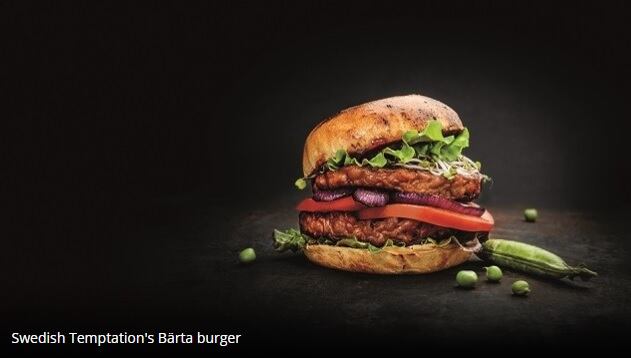
Swedish Temptations sells a plain version - sold in burger and skewer formats – as well as a smoked flavored alternative to restaurant wholesalers and select retail stores.
Tempeh is a traditional, fermented soy product originating from Indonesia, which has a mild, sour flavour.
Bärta however is sprouted, and "very different in texture and flavour from the original [soybean] version,” explained Qvarnström.
The company is hoping to introduce Bärta to the international market.
For more from our European edition, please click HERE.
6. Is it possible to double the yield of EU agriculture by 2050, says researcher

A new €3m EU project - CropBooster-P roadmap – is aiming to explore how ‘future proof’ crops can be developed to feed future populations – a predicted 9.7 billion people by 2050.
The project aims to help increase agricultural yields, encourage optimal use of water and minerals, and secure food supply for the future.
Dutch institution Wageningen University & Research is leading the initiative, which is comprised of 18 European partners. These include ETP-Plants for the Future, the European Seed Association, an Association de coordination technique agricole (ACTA) representative for farmer organizations and the European Plant Science Organisation (ESPO) as representatives of academia.
According to René Klein Lankhorst, CropBooster-P coordinator and programme developer at Wageningen University & Research, it is technically feasible to double the yield of European agriculture by 2050.
The key could be photosynthesis: “The current agricultural crops now convert a surprisingly low percentage of sunlight into plant biomass; some 0.5 to 1%. Doubling the percentage to 1 to 2% is all we need and this has already been scientifically proven to be possible.”
For more on this news, please click HERE.
Asia
7. Plant-based egg goes east: JUST outlines China expansion plans
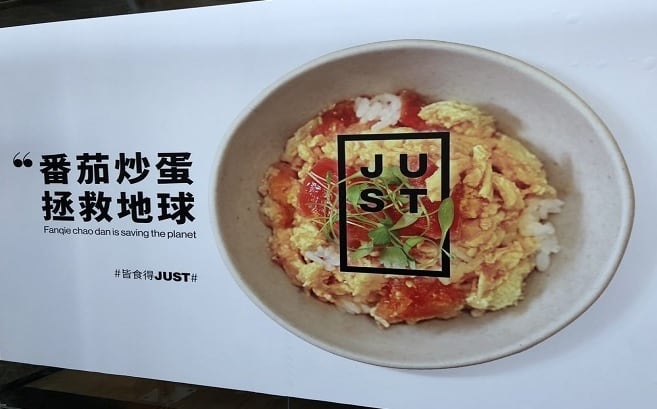
After making a high profile splash in the US market with its plant-based mayonnaise, food tech firm JUST is aiming to take its plant-based product, JUST Egg, into China in the upcoming weeks.
Speaking with our Asian edition, CEO Josh Tetrick said that JUST Egg will first enter China via e-commerce platforms, including Tmall and JD.
“We are the first major food technology company to launch in China,” he said.
The company is also working with traditional supermarkets such as City Super and Hema, and restaurants Hunter Gatherer, Ajisen Ramen, and Flavours.
Initially, JUST will ship JUST Egg to China from its manufacturing site in North America, but there are plans to manufacture the products in China.
“I think there is a real hunger for a different, better approach here in China, so when we presented (our idea) to our partners in China, it became quick that they wanted to be a part of it,” said Tetrick.


